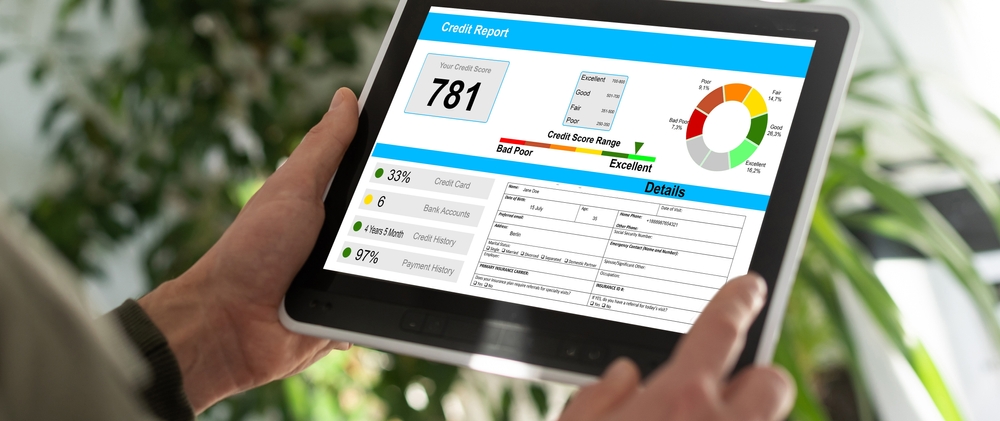Buying a home is one of the biggest financial decisions most people will make, and understanding your financing options is critical. Choosing the wrong loan can affect your monthly payments, your upfront costs, and even how long you stay in your home comfortably.
If you’re wondering whether an FHA vs conventional loan is the best choice for you, you’re not alone. Many buyers, especially first-time homeowners, face this exact dilemma. Understanding the key differences, requirements, and real-world implications of each loan type can help you make a smarter, more informed decision.
Understanding FHA vs Conventional Loan Basics
FHA and conventional loans are both widely used mortgage options, but they cater to different financial situations. FHA loans are insured by the Federal Housing Administration, making them more accessible for buyers with lower credit scores or smaller down payments. Conventional loans are not government-backed, and lenders typically have stricter requirements, but they often come with lower long-term costs if you qualify.
FHA loans usually require a down payment as low as 3.5% for borrowers with credit scores of 580 or higher. Conventional loans generally require higher credit scores and larger down payments, though some programs allow for as little as 3% down. Understanding these basics is the first step in comparing FHA vs conventional loan options for your home purchase.
Credit Score and Financial Requirements
One of the most noticeable differences when evaluating an FHA vs conventional loan is the credit score requirement. FHA loans are more forgiving, often allowing borrowers with scores in the mid-500s to qualify, though the down payment increases in those cases. Conventional loans generally require a minimum credit score of 620, and the best rates are reserved for borrowers with scores above 700.
Debt-to-income ratios are another key factor. FHA loans typically allow a higher DTI, sometimes up to 43%, which makes it easier for borrowers with existing debt to qualify. Conventional loans are usually capped at a DTI of 45%, though exceptions exist for those with strong compensating factors like significant savings or a stable employment history.
Both loan types require verification of steady employment and income, but FHA loans may be slightly more flexible in accepting different sources of income, such as seasonal work or bonuses, which can be beneficial for certain buyers.
Down Payment and Mortgage Insurance Differences

Down payment requirements are often what drives the FHA vs conventional loan debate. FHA loans require a minimum of 3.5% for those with qualifying credit, while conventional loans may require 5% or more, depending on the program. However, conventional loans with a down payment of 20% or more can avoid mortgage insurance entirely.
Mortgage insurance is another major consideration. FHA loans require both upfront and monthly mortgage insurance premiums, which can add significantly to your monthly payment. Conventional loans require private mortgage insurance (PMI) if the down payment is less than 20%, but PMI can be canceled once you reach 20% equity, which can save thousands over the life of the loan.
Understanding how mortgage insurance works for each option is critical. For buyers with limited cash for a down payment, FHA might be attractive despite the higher monthly cost. For buyers who can afford a larger upfront payment, a conventional loan may be more cost-effective long-term.
Property Requirements: FHA vs Conventional Loan Flexibility
Another important distinction between FHA vs conventional loan options is the property requirements. FHA loans mandate stricter safety and livability standards. For example, the home must have a functioning heating system, safe electrical wiring, a structurally sound roof, and be free of serious hazards like mold or lead paint. Appraisers must approve these elements before closing.
Conventional loans are more flexible regarding property condition. While the home must still be safe and habitable, minor cosmetic issues or small maintenance needs typically won’t prevent approval. This flexibility can make conventional loans a better fit for older homes or properties in need of minor updates.
Real-World Examples Comparing FHA vs Conventional Loan

Consider two buyers: Sarah has a credit score of 680 and $12,000 saved for a down payment. An FHA loan would allow her to buy a $300,000 home with just 3.5% down, making her monthly payment manageable despite mortgage insurance. Meanwhile, James has excellent credit and $70,000 saved. A conventional loan could save him thousands in mortgage insurance and result in a lower monthly payment overall.
These examples highlight how different financial situations can influence the best loan choice. FHA loans are often the gateway for buyers with lower credit or smaller savings, while conventional loans can be advantageous for those with strong credit and larger down payments.
Making the Right Choice
Ultimately, deciding between an FHA vs conventional loan comes down to your financial situation, credit profile, and long-term goals. FHA loans can help buyers get into a home sooner, while conventional loans can save money over time for those who qualify.
It’s essential to discuss your options with a trusted real estate agent or mortgage professional. They can help you evaluate loan terms, understand potential costs, and select the loan type that aligns best with your personal circumstances. The more informed you are, the smoother your home buying journey will be.
FAQ

What is the main difference between an FHA and conventional loan?
The main difference is that FHA loans are insured by the government and allow lower credit scores and down payments, while conventional loans are privately backed and often require higher credit scores and down payments.
Can I avoid mortgage insurance with an FHA loan?
No. FHA loans require both upfront and monthly mortgage insurance premiums regardless of your down payment amount.
Do FHA loans have stricter property requirements than conventional loans?
Yes. FHA loans require homes to meet safety and livability standards, including functional heating, safe wiring, and structural integrity, whereas conventional loans are more flexible with minor repairs or cosmetic issues.
Which loan is better for first-time buyers?
FHA loans are often better for first-time buyers with lower credit scores or smaller savings, but the best choice depends on your specific financial situation and goals.
Can conventional loans be used for investment properties?
Yes, conventional loans can be used for primary residences, second homes, or investment properties, but requirements and interest rates may vary based on property type.

